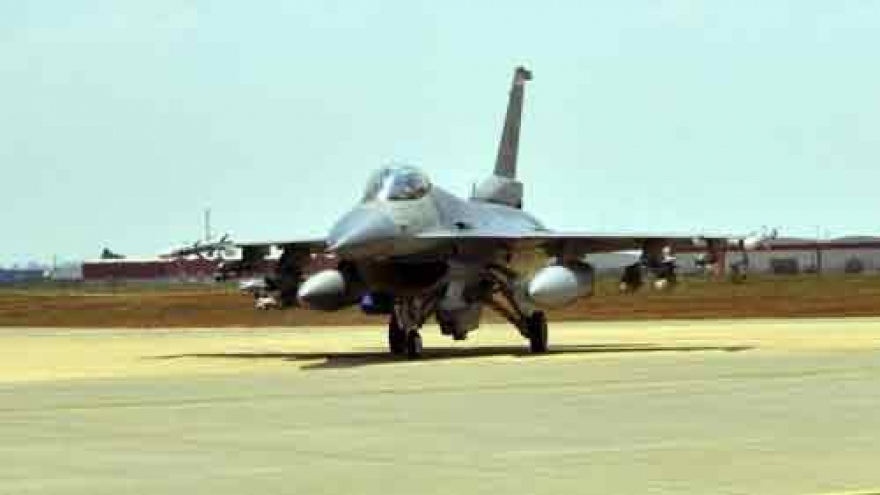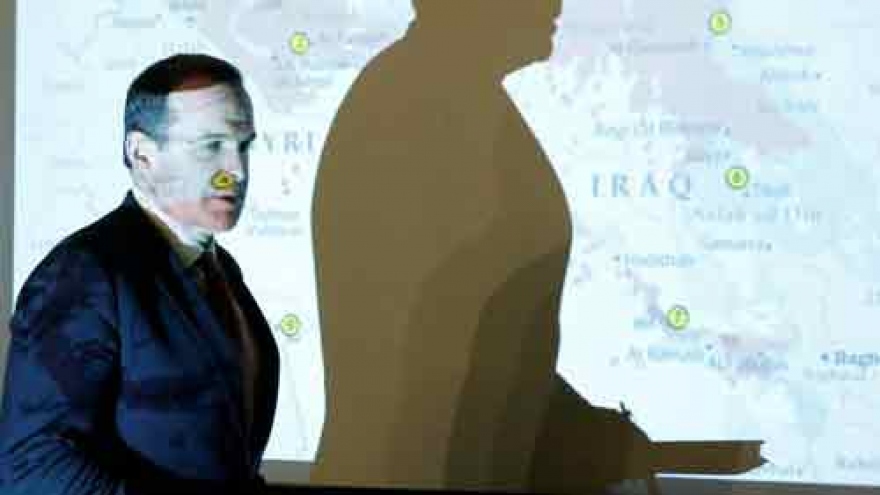After bombings in Baghdad kill 77, Sadr's forces deploy in some areas
At least 77 people were killed and more than 140 wounded by three bombings in Baghdad on May 17, extending the deadliest spate of attacks in the Iraqi capital so far this year and driving Shi'ite fighters into the streets to defend some areas.
 |
Powerful cleric Moqtada al-Sadr blamed the government for failing to provide security and hundreds of militiamen loyal to him deployed in Sadr City and five other mainly Shi'ite areas where the worst of the recent violence has been centered.
Islamic State claimed a suicide bombing which killed 41 people and wounded more than 70 in the northern district of al-Shaab as well as a car bomb in nearby Sadr City that left at least 30 dead and 57 wounded, police and medical sources said.
Another car blew up in al-Rasheed, south of the capital, killing six and wounding 21, the sources said.
Prime Minister Haider al-Abadi ordered the arrest of the official in charge of al-Shaab's security, his office said in a statement, without giving a reason.
Attacks claimed by Islamic State in and around Baghdad last week killed more than 100 people, the highest death toll in the capital in so few days so far this year.
Security had improved in recent years as sectarian tensions waned and the city's perimeter was fortified. Islamic State, the ultra-hardline Sunni militants who control parts of northern and western Iraq, have not tried to take the capital but carry out increasingly regular suicide bombings there, hitting Shi'ite areas and government targets.
With the latest death tolls, fears are growing that Baghdad could relapse into the bloodletting of a decade ago when sectarian-motivated suicide bombings killed scores of people every week and set off revenge attacks against Sunnis.


